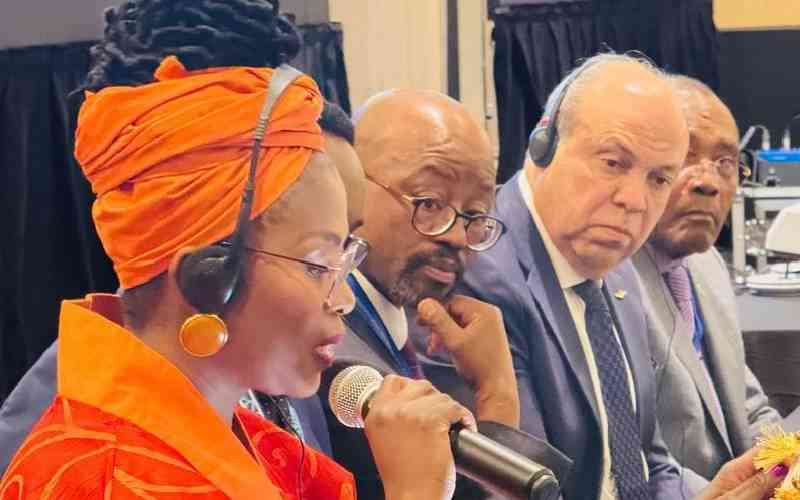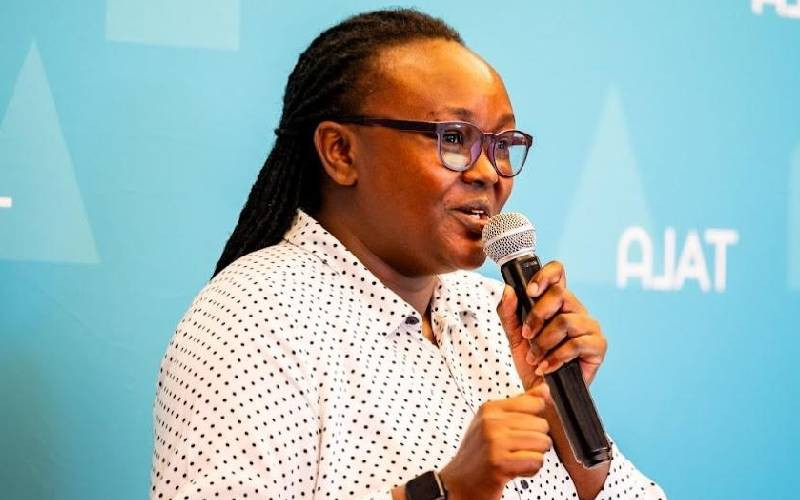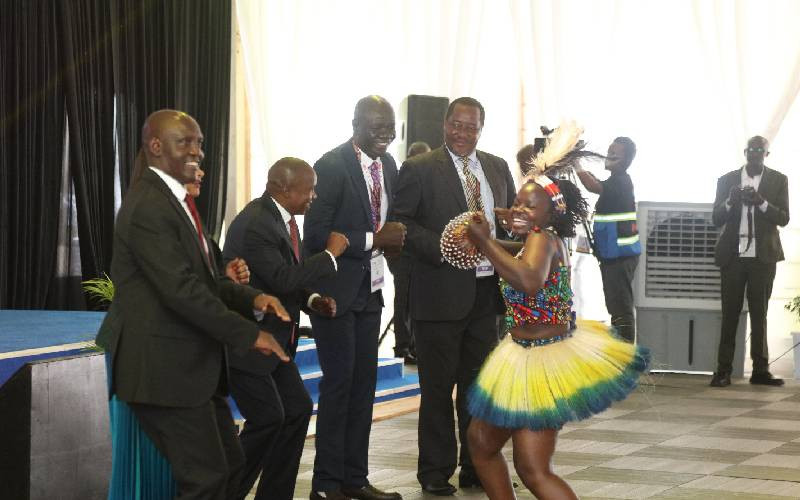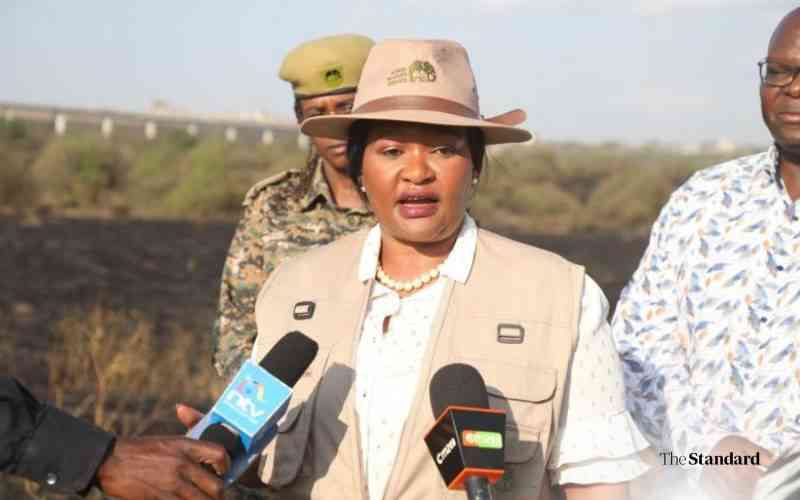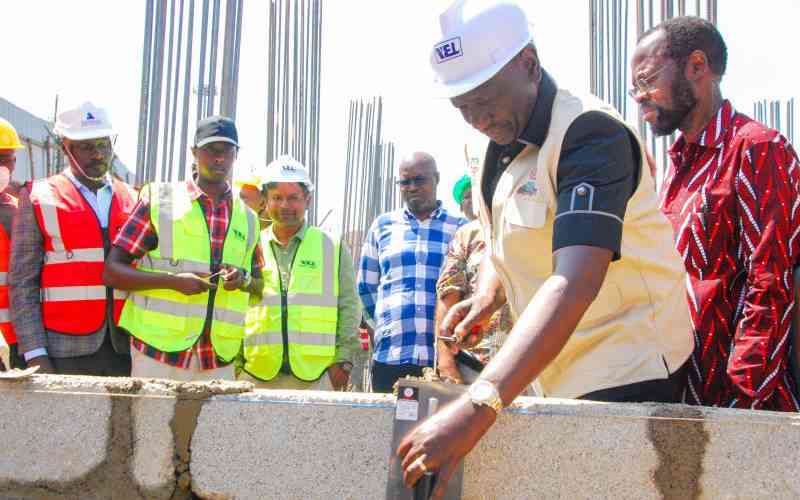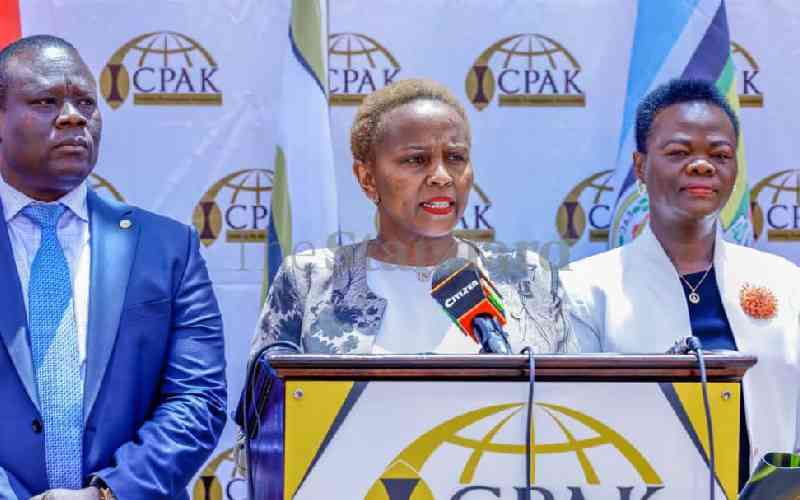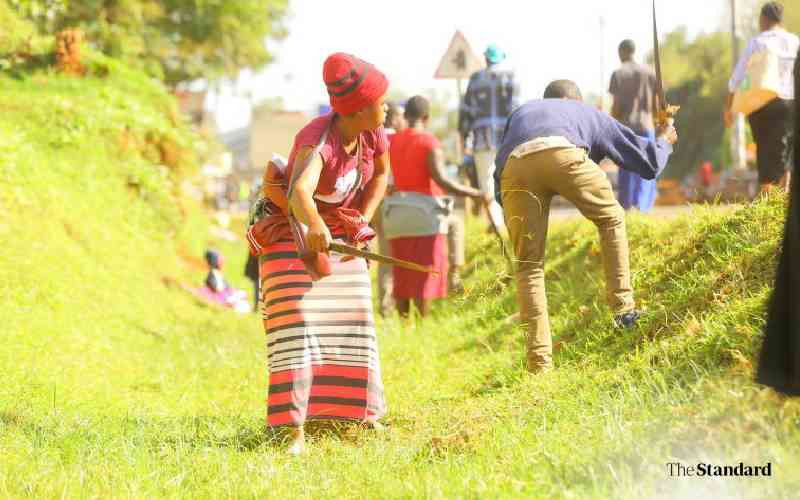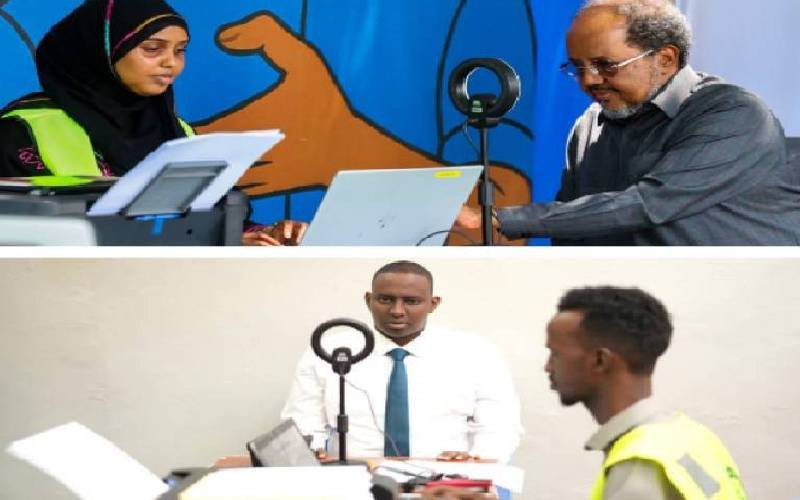
Three member states of the East African Community (EAC) are in the throes of a general election that will either birth a new president or give the incumbents a new mandate.
Tanzania’s president Samia Suluhu Hassan will know her fate a few days from today when her country goes to the polls on October 29 pick new members of Parliament and she defends her position. In neighbouring Uganda, Yoweri Kaguta Museveni will face an acid test when he faces off with the revamped opposition and the bulging youth population that is craving for change when the country goes to the polls on January 12, 2026.
The youngest EAC member, Somalia is also gearing up for its parliamentary and presidential election in 2026. But Somalia is a unique case as the country cannot agree on what system to adopt ahead of the elections.
The incumbent, President Hassan Sheikh Mohamud favours universal suffrage but key opposition figures and several Federal Member States (FMS) are adamant that the country is not stable enough to take this route. They want to maintain indirect election of Members of Parliament (MPs) and Senators who eventually pick the president.
Somalia has toyed with the idea of one-person one-vote since 2012, eight years after the Transitional Federal Government was formed in Nairobi and formally recognized by the international community. The then TFG president Abdullahi Yusuf Ahmed had relocated to Mogadishu in 2005 to try and bolster law and order following the violent ouster of president Siad Barre in 1991 who had seized power through the barrel of the gun in 1969.
The ouster of Barre led to the total collapse of the state of Somalia with various warlords sharing out the country and precipitating the worst displacement of the Somali people to the neighbouring states of Kenya, Ethiopia and Djibouti among others.
Since regrouping and setting up of TFG, there have been several attempts to revert to universal suffrage that was last used in the country’s elections in 1969, but all these efforts have floundered. In 2012, 2016 and the last poll in 2022. Instead, the country has been using indirect election where clan elders under the 4.5 formula play a critical role.
The upcoming election in 2026 is particularly tricky for President Mohamud who has been working hard to ensure the one-person one-vote finally gets off ground.
But his rivals including former president Sheikh Sharif, former prime minister Hassan Khaire, outspoken opposition leader Abdirahman Abdishakur Warsame together with Puntland and Jubbaland presidents are big proponents of the indirect election. Their argument is that insurgent terror groups, Al Shabaab and Islamic State still control large swathes of Somalia.
But Somali president has been on the forefront confronting the terror groups including going to the frontline early this year forcing the groups to retreat to rural Somalia.
Mohamud farther got a boost mid this year when the country’s electoral body,the National Independent Electoral Commission, was overwhelmed by the turn out of Somalis in Mogadishu when it launched the voter registration exercise. In defiance of the islamists, the people fearlessly queued for long hours as they braced the Mogadishu heat to register as voters.
The president’s argument is that the country is ripe for one-person one-vote and it should be carried out in areas where this is possible instead of reverting to the indirect elections that is prone to manipulation and bribery of the delegates who pick the 275 MPs.
The silent word in the streets of Mogadishu is that if the fight Mohamud is leading against islamists triumphs and he can have Somalis exercise their democratic right denied to them for the past 56 years, he could be placed in the same league with Djibouti’s long-serving president Ismail Omar Guelle or Uganda’s president Museveni.
But all these can only happen if the country is able to navigate the quagmire posed by the electoral process to adopt and if the war against Al-Shabaab and Islamic State is won and the terror groups are pushed out of Somalia.
Similarly, the interference in somalia’s internal affairs by middle east nations especially United Arab Emirates is also delaying the reconstruction of the war-torn country. Will these forces aligned against Somalia and its leader cave in for Somalia to rise again? Time will tell.
Stay informed. Subscribe to our newsletter
Early this month, north eastern Kenya and Mandera county in particular was abuzz with claims of foreign forces (read Jubbaland state) having crossed into Kenya and breached our sovereignty and security.
At the centre of the conflict is the control of Gedo region’s main town Beled Hawo and the main player Abdirashid Janan former Jubbaland security minister.
Before defecting to the Federal Government of Somalia, Janan had led Jubbaland forces in capturing Beled Hawo. The town is at the centre of conflict between Kenya, Somalia and Ethiopia. The reason for the conflict is Egypt.
Egyptians are unhappy with Ethiopia for putting up the Renaissance Dam as it interferes with the use of the Nile river waters. They also happen to be latest country to join as UNSOM troop contributing country.
Somalia would like to hand over Gedo region to the Egyptians who are keen to fuel conflict in Ethiopia given the proximity of Beled Hawo to Ethiopia. But to do this they need to have this town under their control. Hence the defection of Janan.
Kenya’s interest in Jubbaland puts it in direct conflict with the goals of both Egypt and the Federal Government of Somalia. The push is to have Kenya disown Jubbaland forces who control Beled Hawo to ease their ouster. But Kenya needs Jubbaland and its president Ahmed Mohamed Islam Madobe as a buffer zone against Al Shabaab forces.
What Kenya is experiencing is a power struggle between the central government in Mogadishu and a Federal Member State based in Kismayu. The Jubbaland forces who came under attack took cover on the border of Kenya and Somalia and some spilled over to the Kenyan side.
The motor-mouths you saw in Mandera and Nairobi was the paid up work of both the Somali government and Egyptians to win the hearts and minds of Kenyans to put pressure on their government to disown Jubbaland forces.
